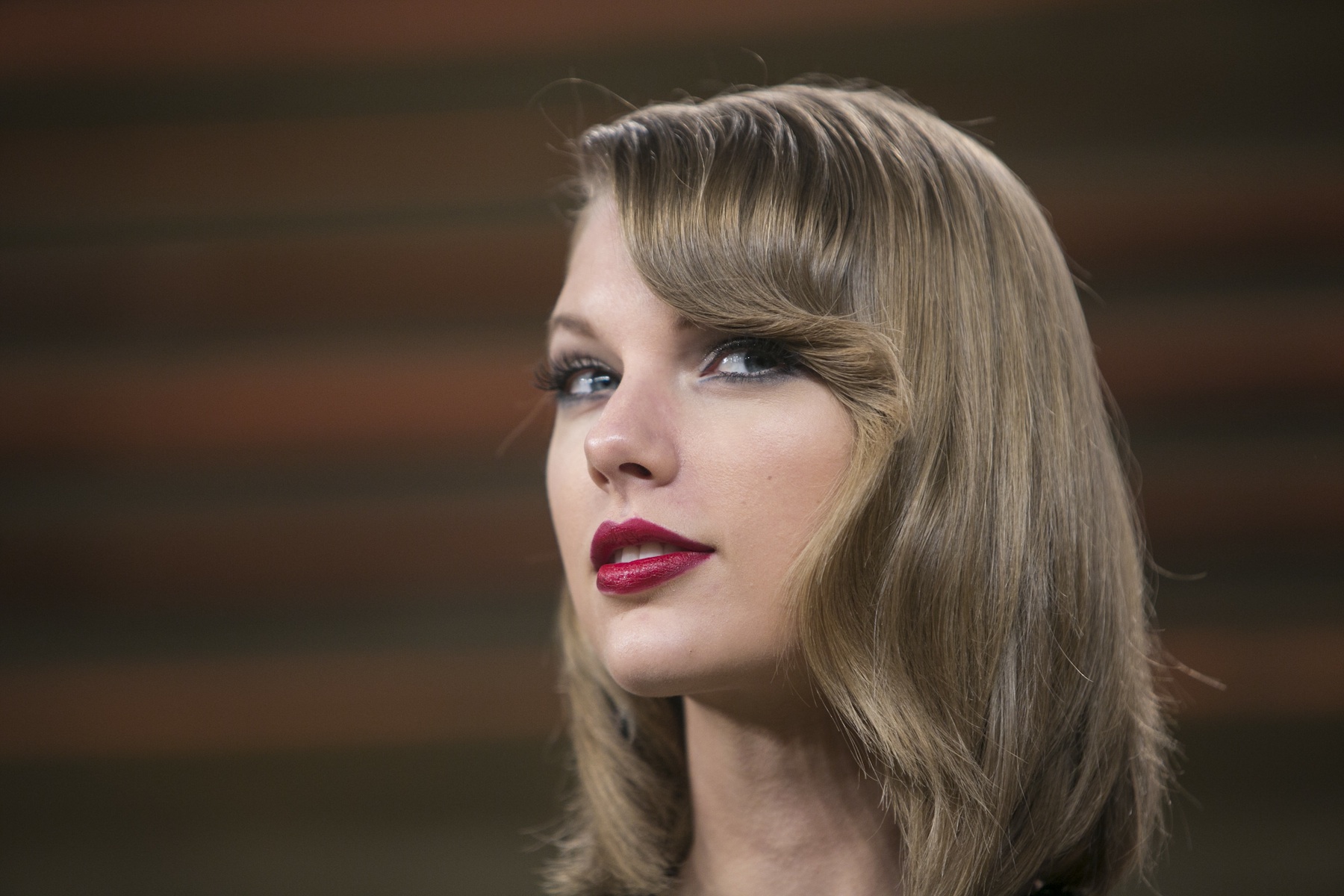
To dislike pop music is to be pop culture’s grumpy old man, but as it turns out, lots of us are grumpy old men — even people who are young women the rest of the time.
The latest edition of the 60 Minutes/Vanity Fair monthly poll is about music, and the results align with widely held attitudes toward pop. It looks like, no matter how old you are, you always believe the music was better when you were growing up. Nearly half of respondents said that this decade (i.e., the last three years and change) has the worst music of any recent time period; the report notes that that particular finding came from respondents in all age categories. In addition, about a third of respondents said they’d most want their kid’s music education to comprise learning about the Beatles — or, for another third, Mozart — as opposed to a more recent artist like Michael Jackson.
So, in short, these poll results seem possibly unscientific — given the lack of info on about methodology — and definitely boring. Kids these days! Science has even proved that such a poll will have such a result: research by neuroscientist Daniel Levitin has found that the music people like when they’re teenagers is the music they tend to like for the rest of their lives; the people who are adolescents now probably weren’t the ones answering the survey.
But the topic is still worth a quick second look, in light of a debate that has had music-criticism circles worked up for weeks. Here’s what happened:
A few weeks ago, Ted Gioia wrote a piece for The Daily Beast taking modern music criticism to task, focusing on his observation that folks who would have once written about a musician’s sound and technique are now focused on the star’s lifestyle and fame. Then, this past weekend, the New York Times Magazine featured an essay by Saul Austerlitz about “poptimism,” deriding the trend of music critics agreeing too readily with “the taste of 13-year-olds.” In their own ways, both essays make the point that today’s pop is getting a pass. In that narrative, there existed a good-old-days time when critics were unswayed by the lure of pop. Today, they argue, a variety of factors — maybe a desire to reclaim the idea of a mass culture despite the fracturing influence of the Internet; maybe the economics of getting the maximum number of clicks on an article — have conspired to let pop off that hook.
The response to both, in insider circles, was heated. But the CBS poll offers another counter-example to those points, suggesting that consumer attitudes toward pop are pretty much the same as ever. Today’s music isn’t getting a pass from listeners any more than new music ever has, so critics who talk about it — for whatever reason, in whatever way — aren’t just capitulating to trends.
After all, remember that figure about a third of respondents wanting their kids to learn about the Beatles? When the Fab Four was an example of brand new pop, older critics and non-critics alike had the response you might expect:
Some music critics wrote about the Beatles the way Gioia suggests that critics should be looking at today’s artists: a New York Times article from August 13, 1965 asked music experts to analyze Beatles’ songs to find out why they had so many fans. The headline declared the experts “stumped.” Sounds familiar.
More Must-Reads From TIME
- The 100 Most Influential People of 2024
- How Far Trump Would Go
- Scenes From Pro-Palestinian Encampments Across U.S. Universities
- Saving Seconds Is Better Than Hours
- Why Your Breakfast Should Start with a Vegetable
- 6 Compliments That Land Every Time
- Welcome to the Golden Age of Ryan Gosling
- Want Weekly Recs on What to Watch, Read, and More? Sign Up for Worth Your Time
Write to Lily Rothman at lily.rothman@time.com